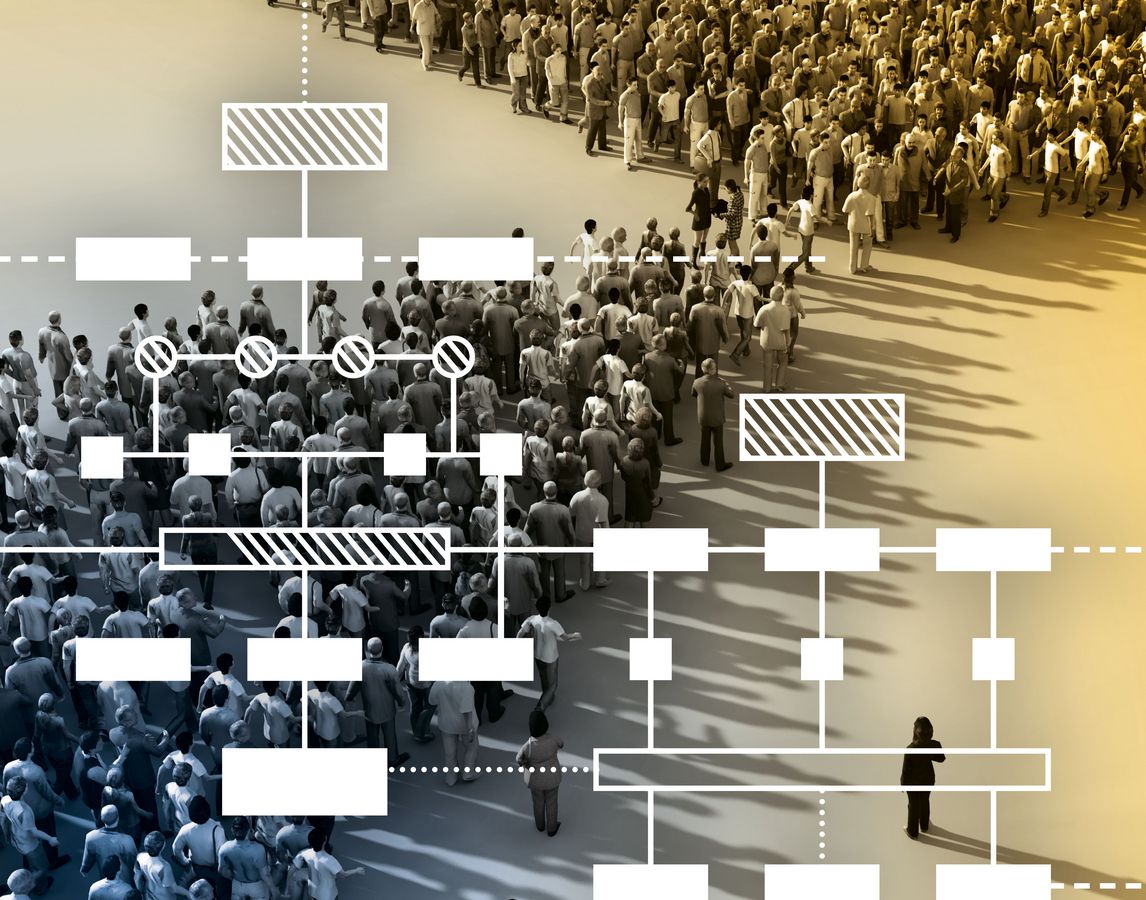Changing Orders in a Globalised World is one of three strategic research fields at Leipzig University. It is dedicated to the study of globalisation processes, such as global connections and the exchange between world religions, as well as the development of human orders. Including the two profile areas of “Global Connections and Comparisons” and “Contested Order”, this strategic research field is based on externally funded research alliances such as Collaboraitve Research Centre 1199: Processes of Spatialization under the Global Condition.
The Global Connections and Comparisons research profile area focuses on the emergence and effects of the “global condition”, which is bringing about material and cultural connections between all societies and at the same time constantly gives rise to new inequalities. In this profile area, scholars from regional, cultural, social and historical sciences conduct research in cooperation with the Leibniz Institute for Regional Geography (IfL) and the Leibniz Institute for the History and Culture of Eastern Europe (GWZO). The research activities in this profile area are based on the work of the Leipzig Research Centre Global Dynamics (ReCentGlobe), whose spokesperson is Professor Matthias Middell. ReCentGlobe is a central institution of Leipzig University and is dedicated to the investigation of past and present globalisation projects in a broad interdisciplinary cooperation. The Graduate School Global and Area Studies supports more than 120 doctoral candidates from over 30 countries in their research work.
The profile area benefits from externally funded research alliances such as the Collaborative Research Centre 1199, Processes of Spatialization under the Global Condition, and the Humanities Centre for Advanced Studies 2344, Multiple Secularities – Beyond the West, Beyond Modernities. Through the Forum for the Study of the Global Condition, it also has close links with the nearby Universities of Erfurt, Halle-Wittenberg and Jena as well as the Max Planck and Leibniz Institutes at these locations.
The successful cooperation is also founded on interdisciplinary master’s programmes in Global Studies, European Studies and the proposed bachelor’s elective in Transregional Studies. Some of these degree programmes are also offered abroad, such as the master’s programme Global Studies: Peace and Security in Africa at Addis Ababa University, and the international master’s in Small Enterprise Promotion and Training which can be completed at Leipzig and in the home country.
The acquisition of major collaborative projects, coupled with the excellent level of collaboration between the participating university and non-university researchers, ensures that the Global Connections and Comparisons profile area has a wide-ranging platform for comparing globalisations. As part of its research strategy, our university is pursuing the further development of this field into an integrated centre. To this end, we are applying to the German Science Council for a research building that combines interdisciplinary cooperation under one roof, brings together the internationalised doctoral training of the many relatively small disciplines involved, provides technical and methodological support for new digital humanities processes, and establishes the best conditions for interaction between research and the general public.
The following projects are funded by the German Research Foundation (DFG) and form part of the Global Connections and Comparisons research profile area:
Processes of Spatialization under the Global Condition (CRC 1199)
Firstly, the Spatialization under the Global Condition Collaborative Research Centre examines the emergence of spatial formats – the results of spatial action of individual stakeholder groups, such as territories, networks, chains, enclaves, corridors and (special) zones. Secondly, this Collaborative Research Centre aims to understand how these spatial formats are combined into complex spatial orders, and their evolution since the 18th century under the global condition.
Multiple Secularities – Beyond the West, Beyond Modernities (FOR 2344)
The Multiple Secularities Humanities Centre for Advanced Studies examines different arrangements of secularity – the separation of the “religious” from the “secular” – in cultural circles beyond today’s Western world. In this way, the researchers working here want to understand the associated conflicts surrounding the power of interpretation and claims to validity in different world regions.
The scholars working together at the Leibniz ScienceCampus “Eastern Europe – Global Area” (EEGA) pose the question of how societies in Eastern Europe position themselves in global processes and conflicts. They aim to spread new knowledge beyond the academic sphere. In addition, they combine the training of junior academics with international and interdisciplinary study programmes. Particular attention is paid to the communication of research results in the media and to the general public.
The Forum for the Study of the Global Condition investigates how different stakeholders deal with cross-border migration, trade, financial flows and the transfer of ideas, and in doing so, create and determine what can be called “the global”. Founded as a joint initiative by the Universities of Halle-Wittenberg, Jena, Erfurt and Leipzig, it pools and links research in the humanities and social sciences across all these locations.
As part of the Leipzig Way, our university’s research strategy is unlocking opportunities for transdisciplinary research. Issues of globalisation can be linked to the natural and life sciences in the areas of global health, biodiversity and climate research.
The research activities of the Contested Order profile area cover the instability and transience of state, methodological, entrepreneurial, (inter)cultural and other orders. The studies are based on socially relevant areas such as economic crises, political instabilities and ethical relativisations.
The majority of researchers working in this profile area come from the various disciplines of social sciences, humanities and law. The fields of earth sciences and medicine provide further support. The participants share a long history of success, including involvement in the founding of the Centre for Area Studies and various research groups in the digital humanities field. Plans for a research group dedicated to the aspect of order logics aim to continue this positive track record in the future.
































































